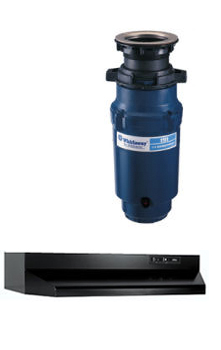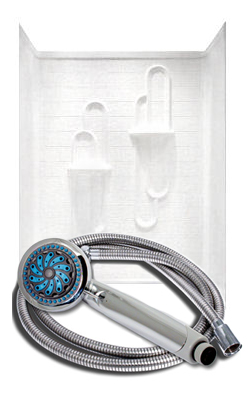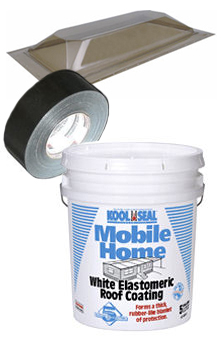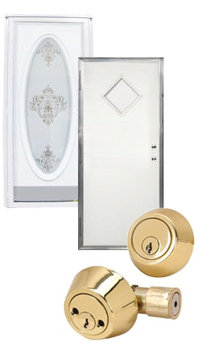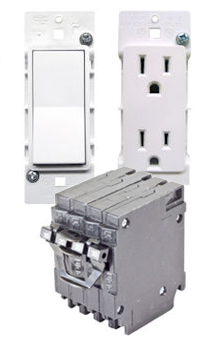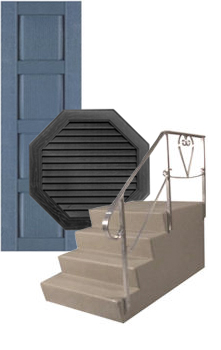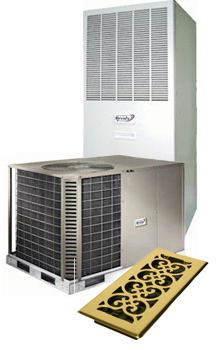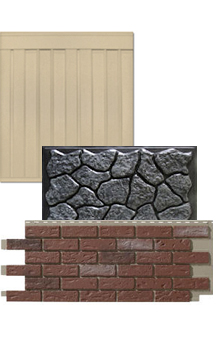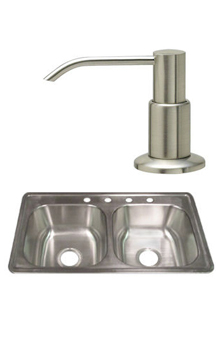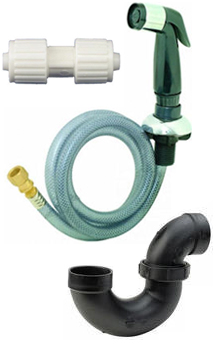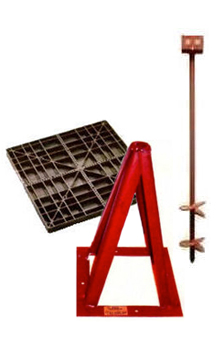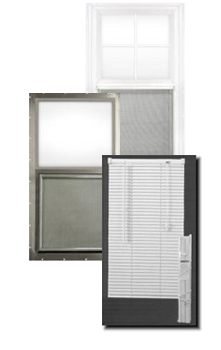
There comes a time in just about every homeowner’s life when they have to sell their home. Manufactured homes are no different. Whether you’ve outgrown your space, are looking for a change, or want to move on to the next chapter of your life, preparing your manufactured home for sale is essential. Here are five important steps to help you maximize your home’s value and attract potential buyers.
Declutter and Deep Clean
Let’s face it—first impressions matter. The more inviting and tidy your home feels, the easier it is for potential buyers to picture themselves living there.
Start With Decluttering: Take a good look around your home. Are countertops cluttered with knick-knacks or closets bursting at the seams? It’s time to simplify. Create three piles: keep, donate, and toss. Bonus points if you sell unwanted items and make a little extra cash.
Deep Cleaning Is Key: Once you’ve decluttered, it’s time to roll up your sleeves. Pay special attention to spots buyers will notice—like baseboards, windows, and appliances. A sparkling bathroom or kitchen can really wow someone touring your home.
Freshen the Air: Even if your home is spotless, smells matter. Open windows to let in fresh air, or use natural scents like lavender or citrus. Just steer clear of anything overpowering—it should feel fresh, not like you’re covering something up.
Paint Your Walls
Walls are one of the first things potential buyers notice, and outdated or damaged wallpaper or paint can be a dealbreaker. If your manufactured home has wallpapered sheetrock, it’s likely showing signs of age—fading, peeling, or simply looking outdated. The solution? Fresh paint.
Before painting, prepare the walls by applying several coats of primer to cover wallpaper patterns. Choose neutral colors like white, gray, or soft beige. These tones appeal to a wide range of buyers, helping them imagine their own style in the space. While your favorite bright pink walls may bring you joy, opting for a neutral palette ensures broader appeal.
Address Needed Repairs
Every home has its quirks, but when you’re selling, buyers don’t want surprises. A well-maintained manufactured home signals to buyers that it’s been cared for, which can increase their confidence in making an offer.
Start With the Basics: Do you have soft spots in the floor? Get those fixed. Water stains? Repair the source of the leak and touch up the paint. These minor fixes can make a big difference.
Focus on Functionality: Make sure big systems like HVAC, plumbing, and electrical are working properly. A home that’s “move-in ready” is a huge selling point.
Inspect your home for anything else that needs repair, from broken fixtures to creaky doors, and fix these issues before listing. These small efforts can leave a lasting impression on potential buyers.
Update Flooring
Flooring is another major factor that contributes to the overall feel of a home. Over time, carpets fade and wear down, while linoleum can develop tears or rough edges. If you haven’t replaced your flooring recently, consider upgrading it before selling.
Investing in affordable yet modern flooring options can make a lived-in manufactured home feel brand new. Laminate or vinyl plank flooring is a popular choice because it’s durable, stylish, and budget-friendly. Even replacing worn-out carpets with fresh, neutral options can drastically improve your home’s appeal.
Replace Small Fixtures and Features
Sometimes, the smallest details can make the biggest difference. Buyers notice things like outdated faucets, worn-out floor registers, and dingy light switches. Walk through your home with a checklist and evaluate which features need updating.
- Replace faucets, sinks, and showerheads for a modern look.
- Upgrade light switches and outlet covers for a clean, consistent finish.
- Check doors and windows for damage or wear, and replace any that detract from the home’s value.
Additionally, consider updating larger items like bathtubs or showers if they’re discolored or cracked. These updates may seem minor, but they can make your home feel fresh and move-in-ready.
Consider the Curb Appeal
You know the saying: “Don’t judge a book by its cover.” But let’s be honest—most buyers will judge a home by its exterior. That’s why boosting curb appeal is so important.
Freshen Up the Exterior: Take a walk around your home. Are there cracks or dents in the skirting or siding? Fix them. A quick power wash or a fresh coat of paint can work wonders.
Spruce Up the Yard: A tidy yard can make your home more inviting. Mow the lawn, trim bushes, and maybe plant a few flowers for a pop of color. Even a simple welcome mat at the front door can make a great impression.
Think Entryway Appeal: The first thing buyers see should make them want to come inside. Fix wobbly steps, repaint the front door, or replace an old porch light to create a warm welcome.
The Difference Between Real and Personal Property
This one can trip up a lot of sellers. Did you know that manufactured homes can be classified as either real property or personal property? Knowing the difference can help you market your home more effectively.
Here’s the Breakdown: Real property refers to a manufactured home permanently attached to land you own, while personal property applies to homes on leased land or without permanent foundations.
Why It Matters: Real property can attract more buyers and make financing easier, while personal property often requires specialized loans. If your home qualifies, consider converting it to real property to make it more appealing.
What to Do: Check your title and consult with a professional if you’re unsure. A little paperwork now could mean a quicker sale later.
Partner With an Experienced Realtor
Selling your manufactured home doesn’t have to be a solo journey. A great realtor can guide you through the process, making it less overwhelming and helping you get top dollar.
Find Someone Who Gets It: Not all realtors are familiar with manufactured homes, so look for one with experience in this niche. They’ll know how to price, market, and negotiate for your specific type of home.
Tap Into Their Resources: A good realtor will know how to stage your home, take eye-catching photos, and list it where buyers are looking. They’ll also help you navigate tricky things like inspections and appraisals.
Avoid Common Pitfalls: From pricing too high to skipping important repairs, your realtor will keep you on track and help avoid mistakes that could delay your sale.
Final Thoughts
Selling your manufactured home is a big deal, but it doesn’t have to be stressful. By decluttering, tackling repairs, boosting curb appeal, understanding your property classification, and working with the right realtor, you’ll set yourself up for success.
With a little effort, your home can stand out in the market, attract the right buyers, and get you the best price. Take it one step at a time—and don’t forget to enjoy the journey. After all, selling a home means you’re one step closer to wherever life is taking you next.
Updated on December 18, 2024: This article has been refreshed with the latest insights, tips, and product recommendations to ensure it provides the most accurate and helpful information for our readers.
Tags: manufacture home, mobile home, selling


